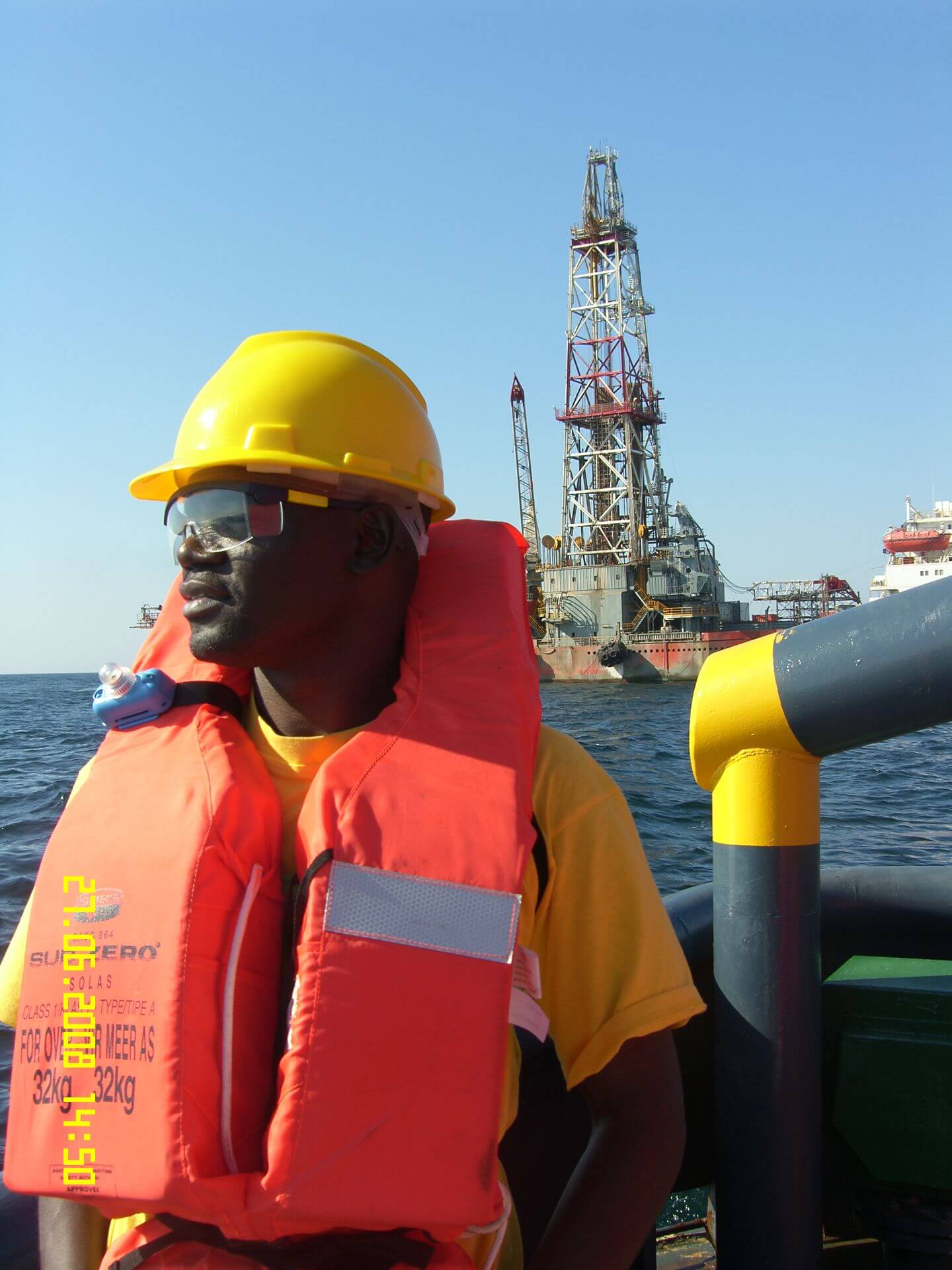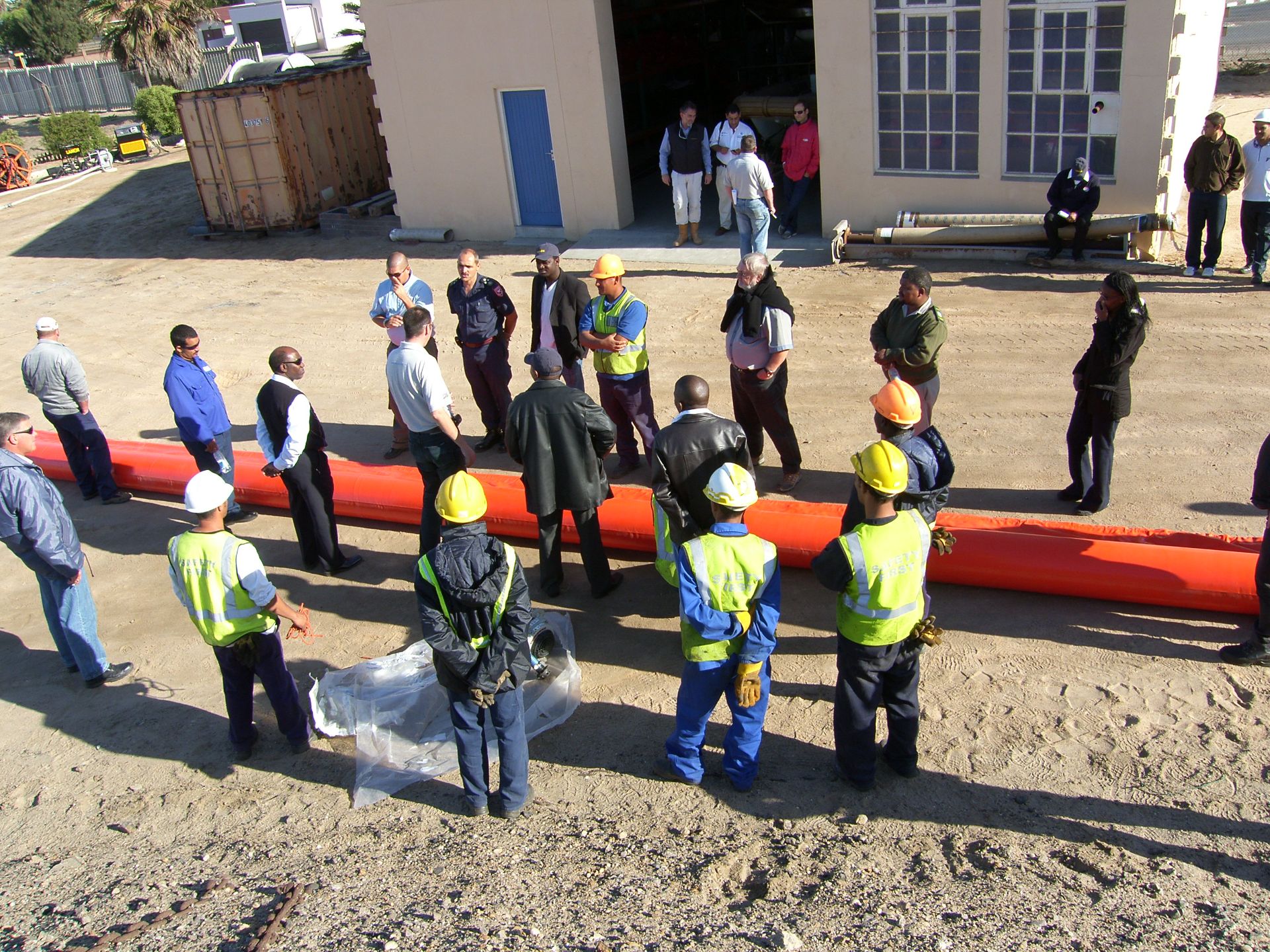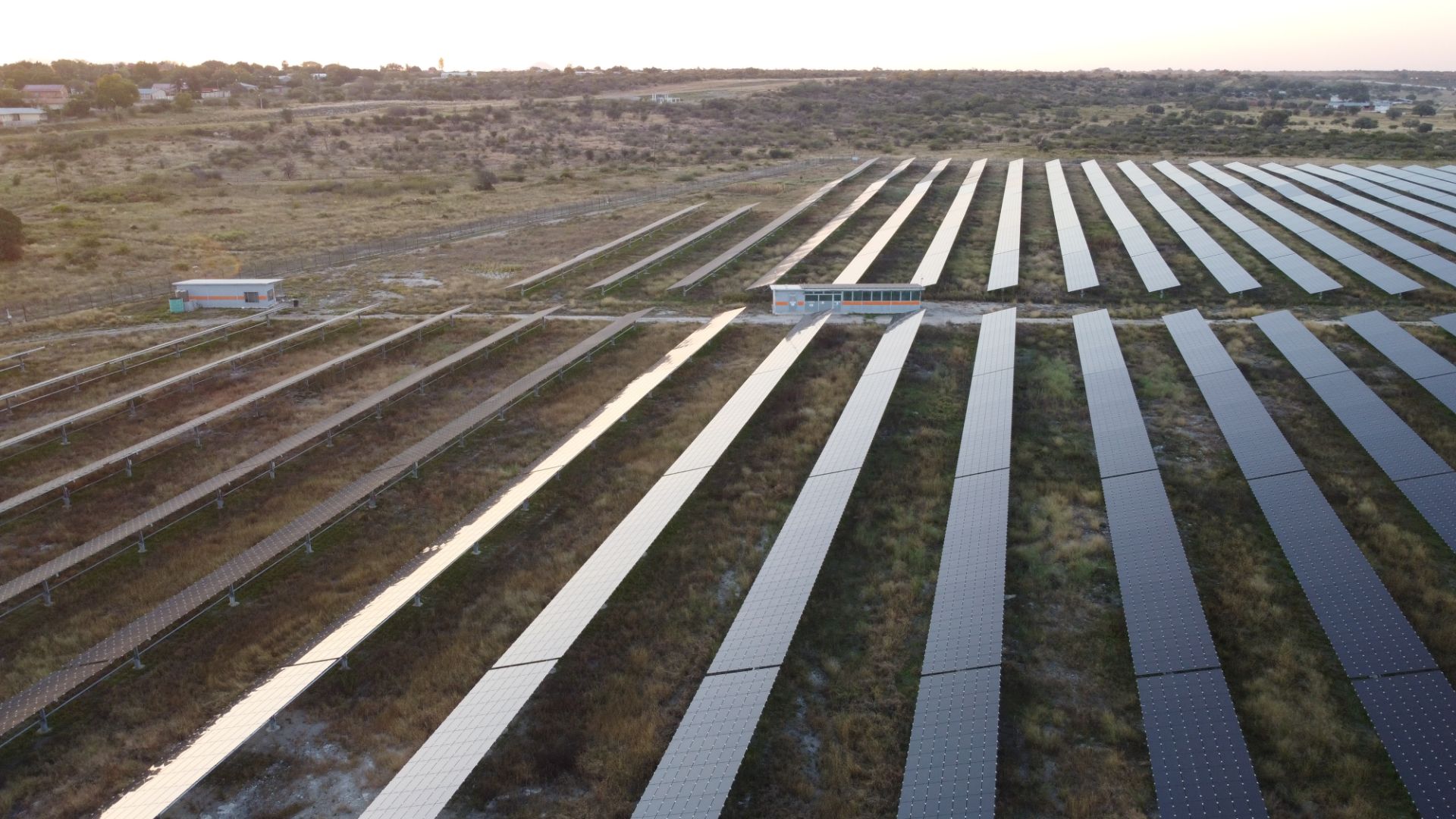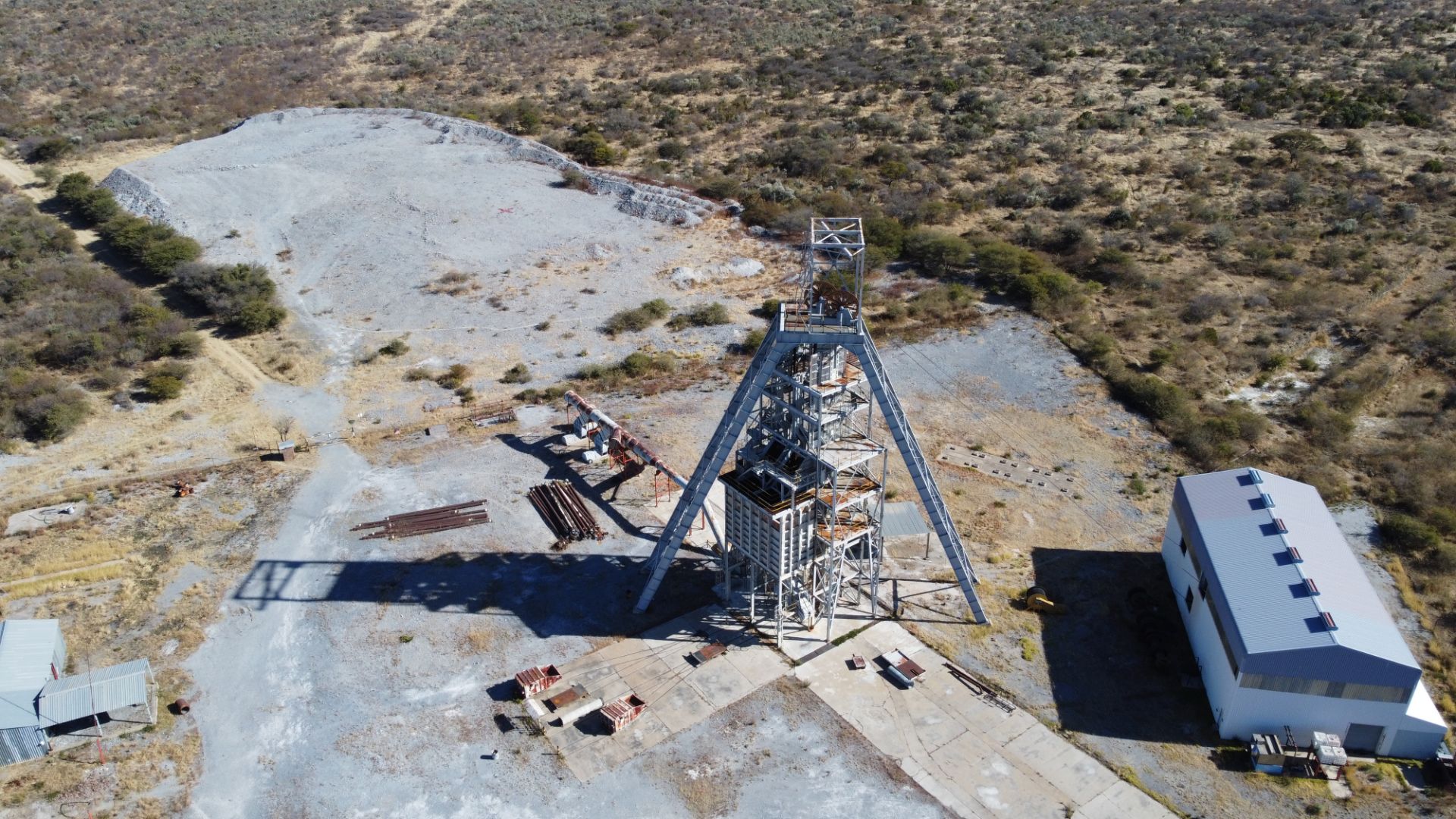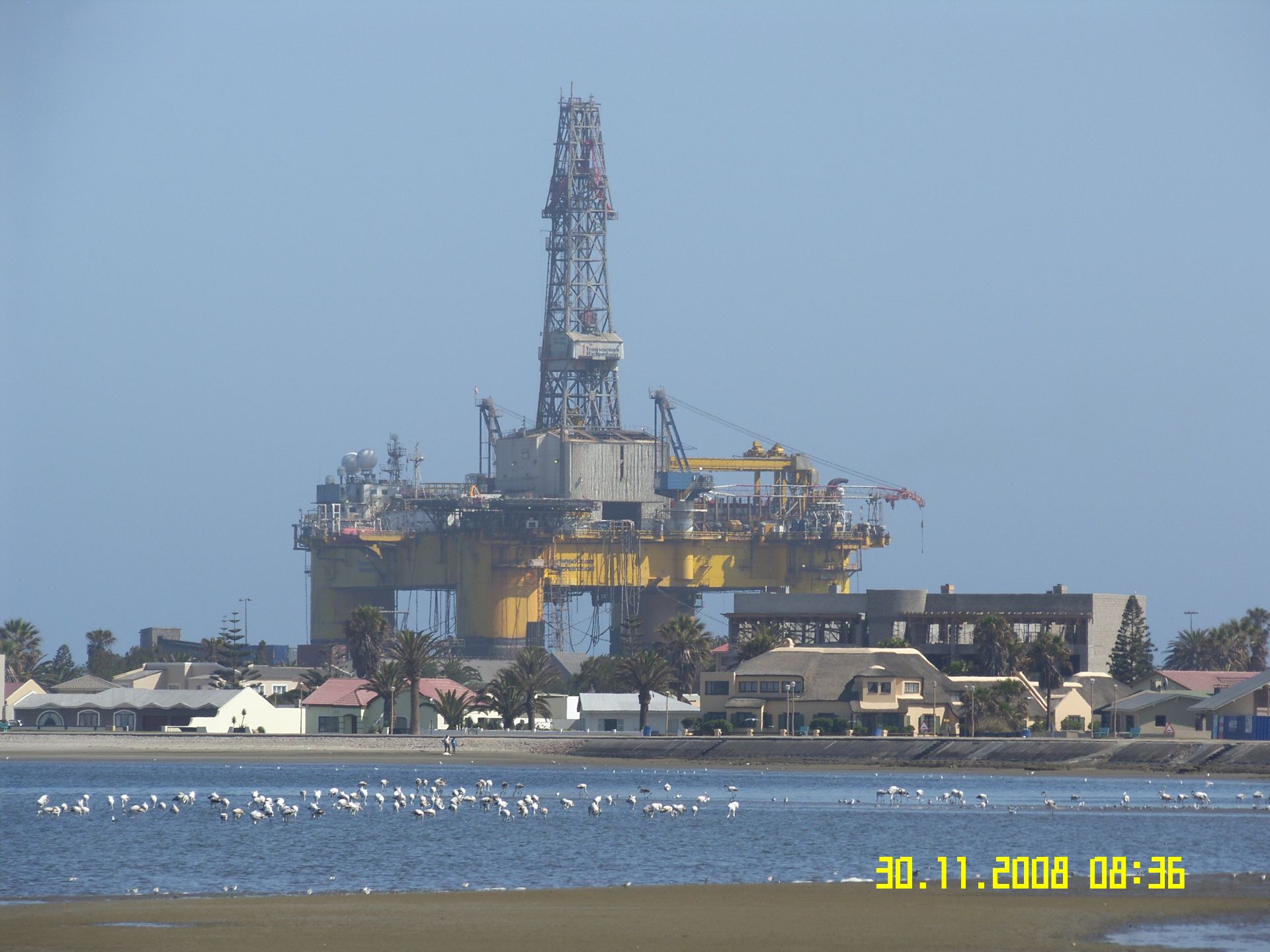At strategic level, the RBS technical support services cover Policies, Plans and Programmes (PPPs) validation supported by Environment Social Governance (ESG), Strategic Environmental Assessment (SEA) and Strategic Environmental Management Plan (SEP) studies.
At project levels, our technical support services cover Environmental Impact Assessment (EIA) with Environmental Management Plan (EMP) or Environmental Social Impact Assessment (ESIA) with Environmental Social Management Plan (ESMP).
The RBS de-risking and permitting processes for Policies, Plans, Programmes and Projects ECCs and all other natural resources required permits are driven by our Artificial Intelligence (AI) powered Knowledge-Based System Model Methodology (KBSMM) logic framework centred on the optimum coexistence of the environment, and the sustainable utilisation of the natural resources such as minerals, oil and gas, energy, water as well as all our natural resources.
The key boundary conditions of our de-risking and permitting KBSMM logic are built on the interlinked knowledge bases with direct input variables user interface (UI) for the climatic, environmental and ground components of our natural environment. The KBSMM logic inputs variables comprise characterised climatic, environmental, and ground model Knowledge-Based Source-Pathway-Receptor risk assessment UI determinants or validators of the influences (Environmental Impact Assessments), and ultimate likely harm that may be linked to the various phased activities of a natural resources Policies, Plans and Programmes or Projects lifecycles developmental processes. It is important to note that in the absence of any of the interlinked three (3) KB Risk sources, pathways, or targets/ receptors, there is no harm or risk to the receiving physical, biological and socioeconomic environments to be mitigated, monitored or managed. The risk source/s refers to KB identified potential hazards that may be present and can cause harm to the exposed target/s / receptors. The risk pathway refers to the KB route direct or indirect though which the risk source/s may be transferred and exposed to a target/s of concern. The risk target/s or receptor/s refers to the KB destination (area point of exposure) at which the source/s may cause harm such as the receiving environment.
National legislations and regulations provide Optimum Sectoral Coexistence (OSC) key boundary conditions linked to the UI within the KBSMM KB network logic of the environment and natural resources influences centred on the following three (3), key continuous or constant learning knowledge-bases pillars:
- Strategic levels knowledge bases based on Organs of State resources and using prioritised and State interest-based Policies, Plans and Programmes (PPPs) and using instruments such as ESG, SEA, and SEMP.
- Project levels knowledge bases driven by specialists such as RBS KBSMM systems and investors originating projects and using tools such as ESIAs, ESMPs, EIAs, EMPs and EMSs in driving the development of the natural resources and environmental management coexistence logic framework.
- Strengthened legislative and regulatory boundary conditions of the knowledge bases of the environment, minerals, oil and gas and energy sectors in order to provide optimum sectoral coexistence both at strategic and project levels logic spaces.
The optimum utilisation of the successful natural resources sectors-based projects within the core space of the environment for sectoral coexistence, is a great catalyst for greater socioeconomic development for Namibia. Laws, standards and operational guidelines boundary conditions need to be continuously developed in line with the provisions of the Constitution. As provided for in the Constitution, all natural resources rights holders are legitimate users of the offshore and onshore environments. RBS will continue to intensify the population of natural resources and the environment coexistence knowledge bases both at strategic, project and legislative boundary conditions levels.
Projects positive and negative environmental impacts de-risking and permitting processes shall be based on KB sources-pathways-targets chains linkages. A new socioeconomic dawn is here and in front of Namibia and its people, and the national socioeconomic landscape is about to be significantly transformed for the greater benefits of its people, current and future generations. RBS, will always be there and at the forefront of promoting optimum environment, minerals, oil and gas and energy sectoral coexistence, centred on KBSMM and future KB AI logics.
